The devastating beauty of Greenland's melting ice
What the planet loses as the climate warms

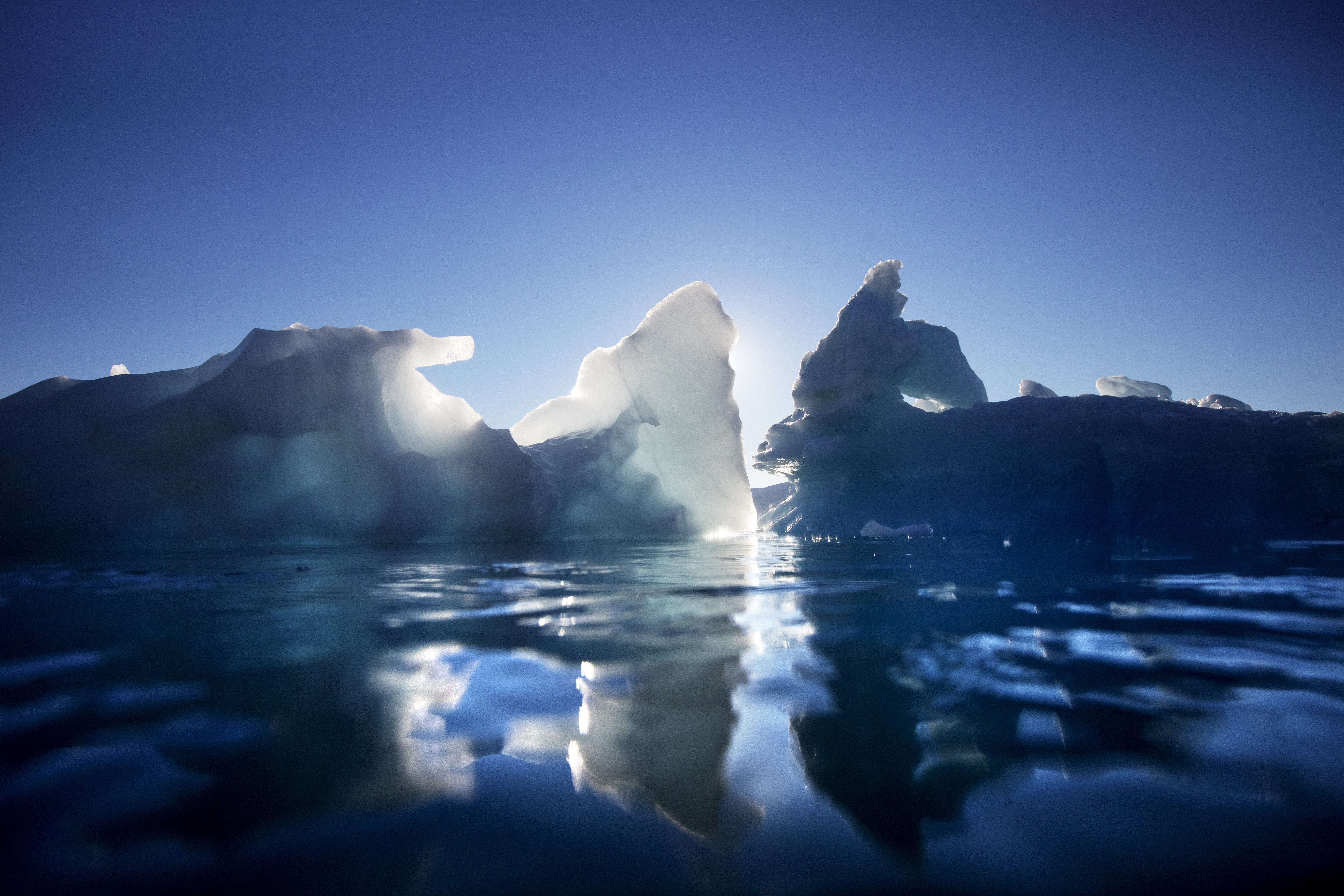
A free daily email with the biggest news stories of the day – and the best features from TheWeek.com
You are now subscribed
Your newsletter sign-up was successful
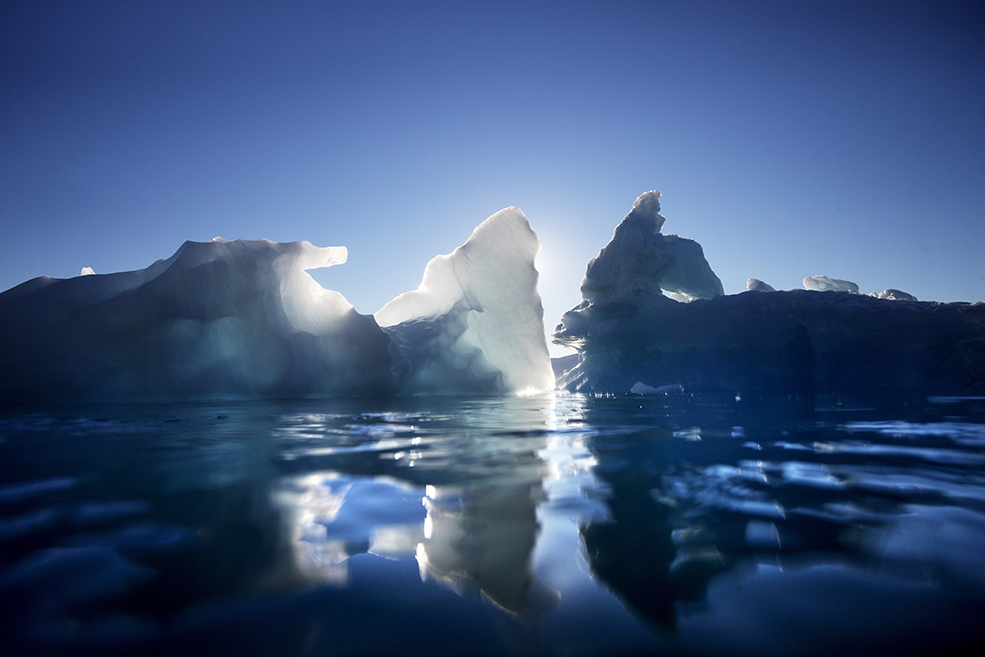
(AP Photo/David Goldman)The autonomous Danish island, located in the Arctic, is 80 percent ice. Its massive sheet of frozen water — about 660,000 square miles across (roughly the size of Alaska) and two miles thick at its highest point — is the second largest body of ice in the world, built up from snowfall dating back to the last ice age, some 115,000 years ago.It's so massive, in fact, that the ice sheet "creates its own weather," The New Yorker reports. "Its mass is so great that it deforms the Earth, pushing the bedrock several thousand feet into the mantle. Its gravitational tug affects the distribution of the oceans."But with rising global temperatures, the great Greenland ice sheet has been shrinking at an alarming rate. Since 2012, at least a trillion tons of ice have been lost. And the melt is only accelerating: In 1993, Greenland ice-loss made up just 5 percent of the rise in global sea levels. In 2014, it contributed 25 percent."Nobody expected the ice sheet to lose so much mass so quickly," one geophysicist told Science magazine. "Things are happening a lot faster than we expected."
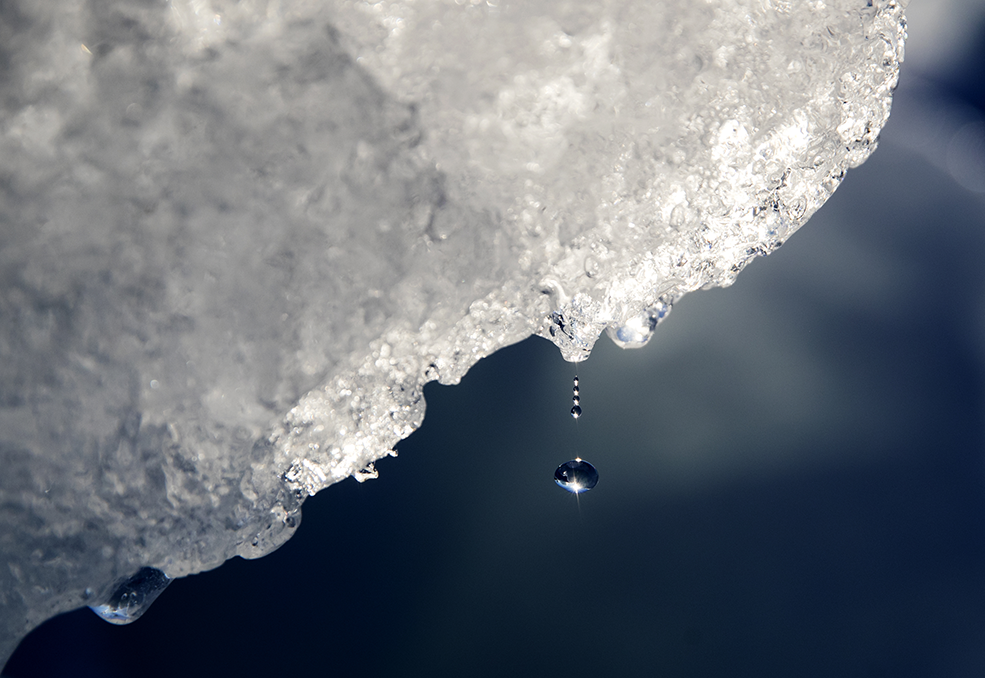
(AP Photo/David Goldman)If all of Greenland's land ice melted, it would cause ocean levels to rise roughly 23 feet, Scientific American reports, which would decimate low-lying countries like Bangladesh and drown over 1,400 cities and towns in the U.S. alone.In addition to Greenland's land ice, its floating ice — glaciers, icebergs, and sea ice — is also melting. While its not significant enough to contribute to rising sea levels alone, floating ice-melt does lead to dangerous side effects and feedback loops: Glaciers are releasing new bacteria into the world, potentially unlocking new diseases. Some of these bacteria are also darkening the ice, causing it to absorb more heat and melt faster. Similarly, sea ice reflects the sun's rays back into the atmosphere, protecting the ocean's chill. Without it, the water absorbs far more solar energy, which causes it to heat and expand, leading to rising waters.
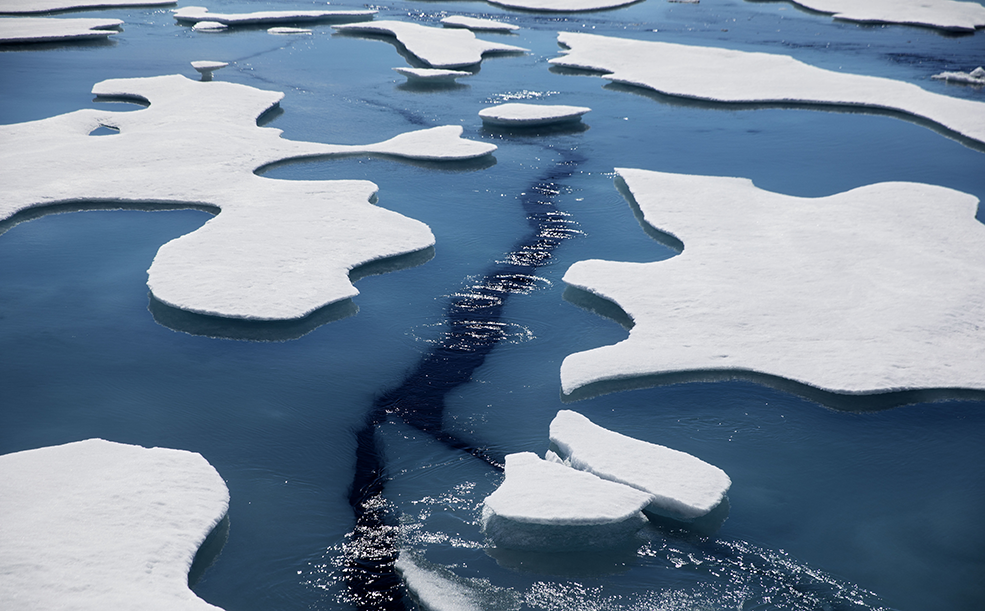
(AP Photo/David Goldman)The Associated Press photographer David Goldman recently accompanied a team of international researchers on a voyage into the Arctic, where he captured Greenland's melting ice in vivid, close-up portraits, exposing the natural wonder of this disappearing northern ice."People are so far removed from the Arctic that they don't understand it, they don't know it, and they don't love it," a field biologist who accompanied Goldman told The Associated Press. "I think it's important for people to see what's here and to fall in love with it and have a bond and want to protect it."Here is a glimpse at the unsung beauty of Greenland's glorious, waning icescapes:
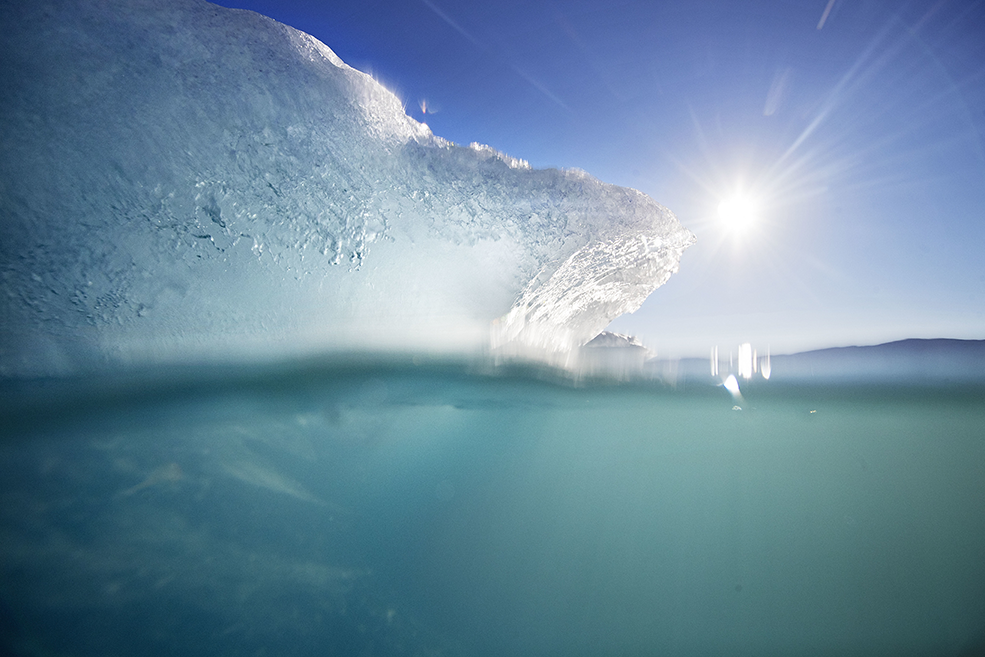
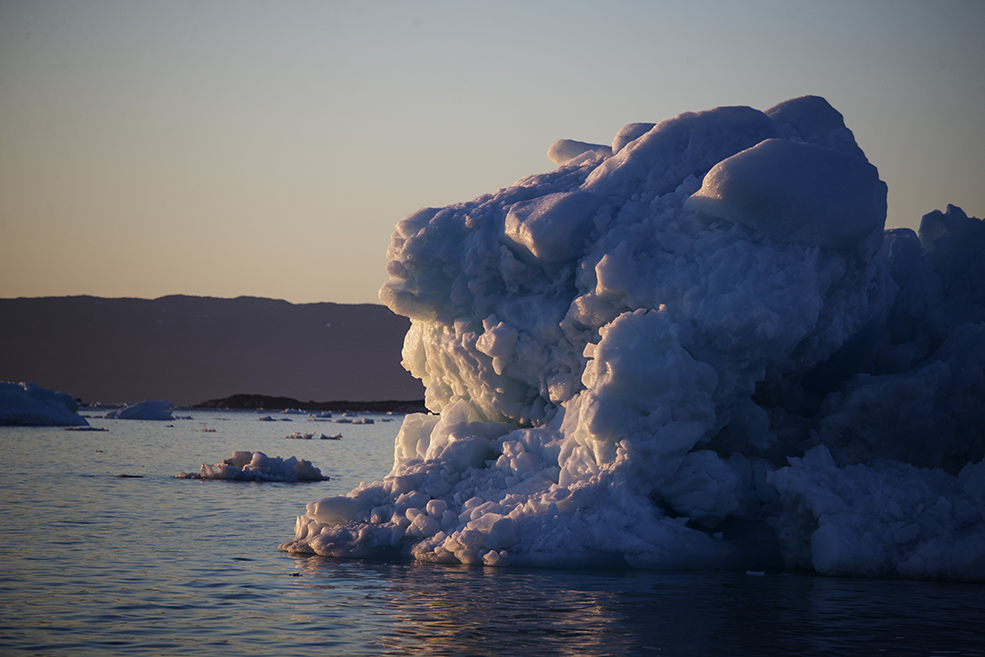
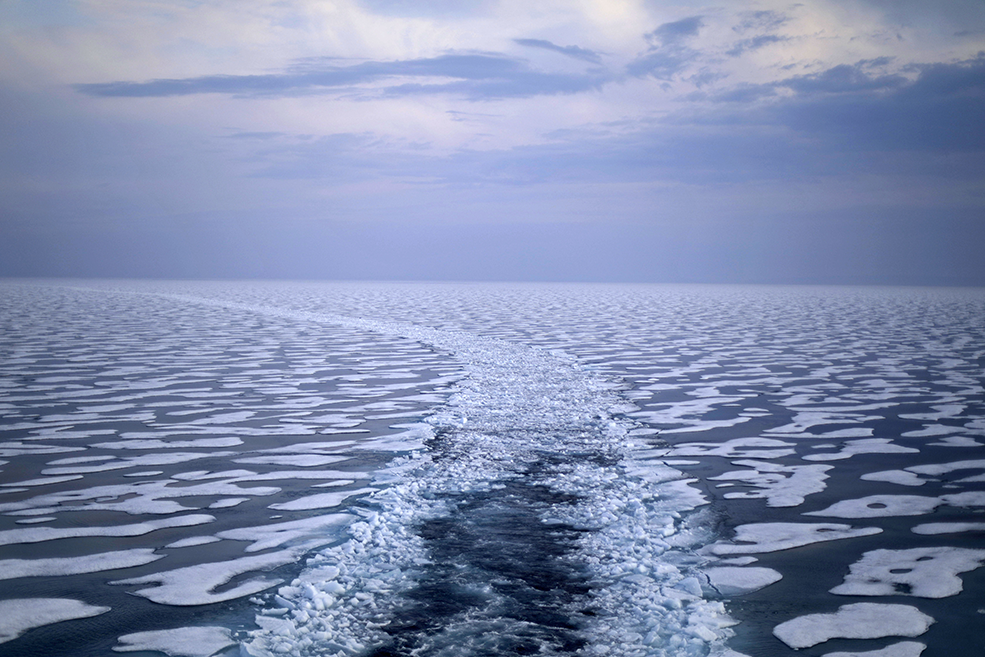
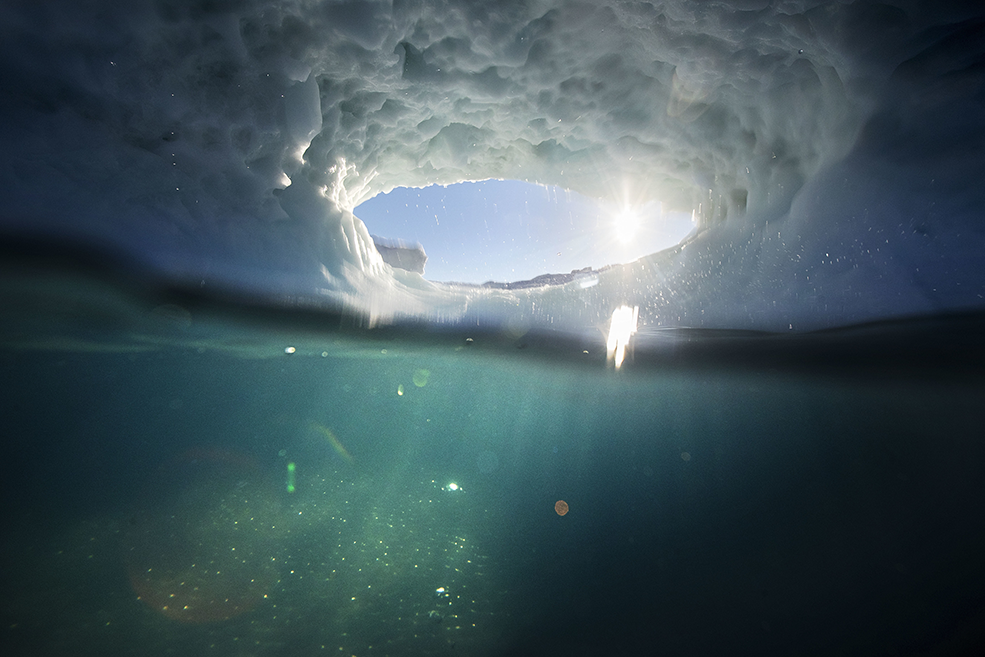
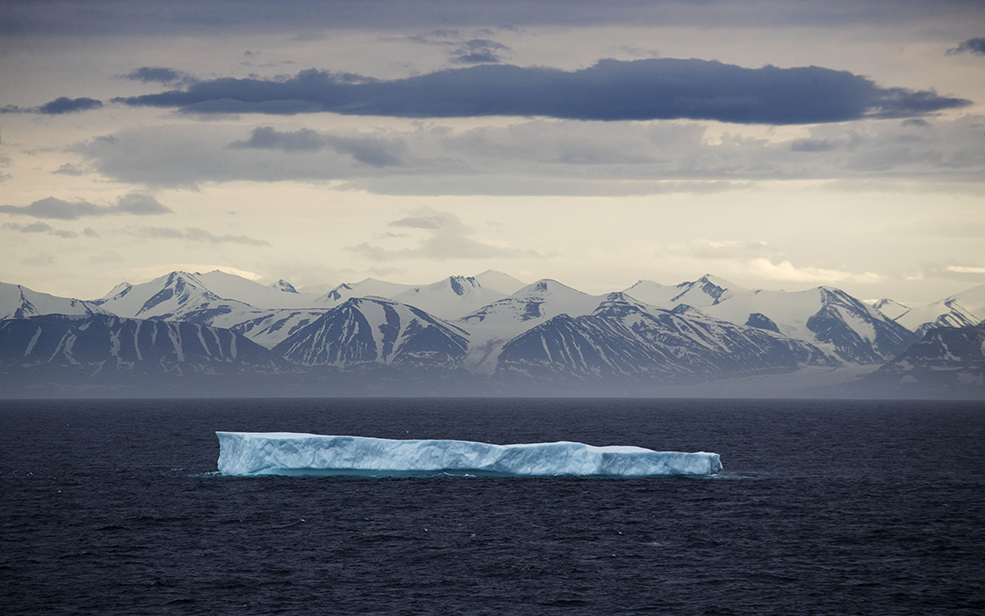
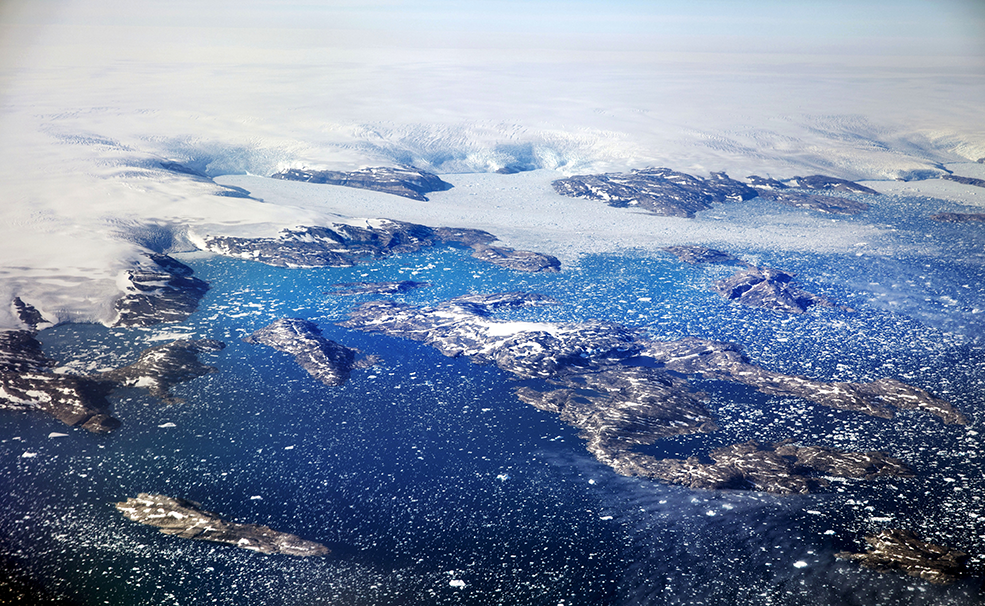
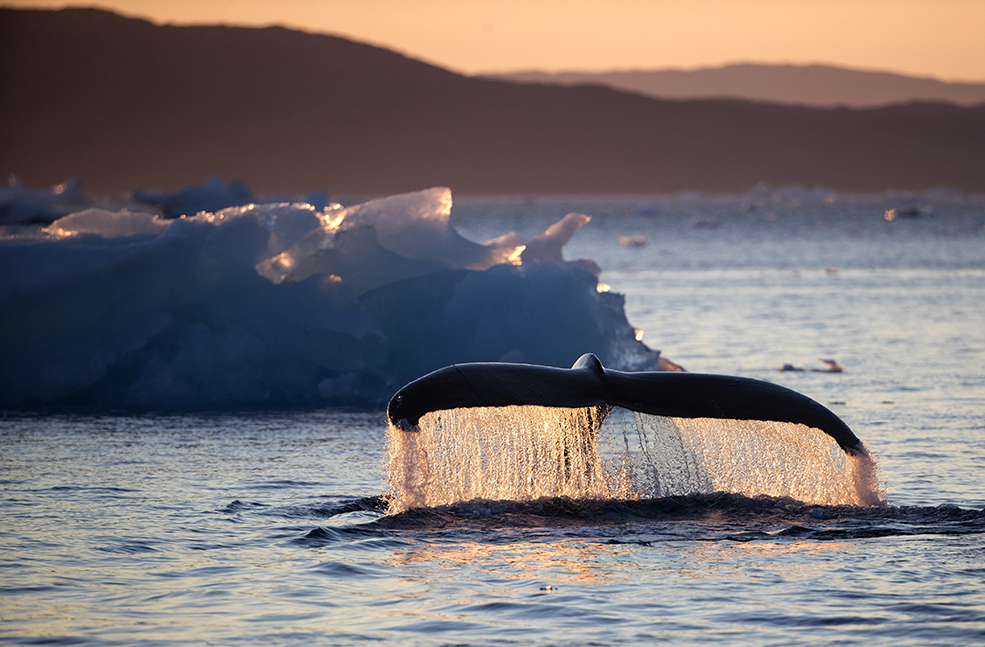
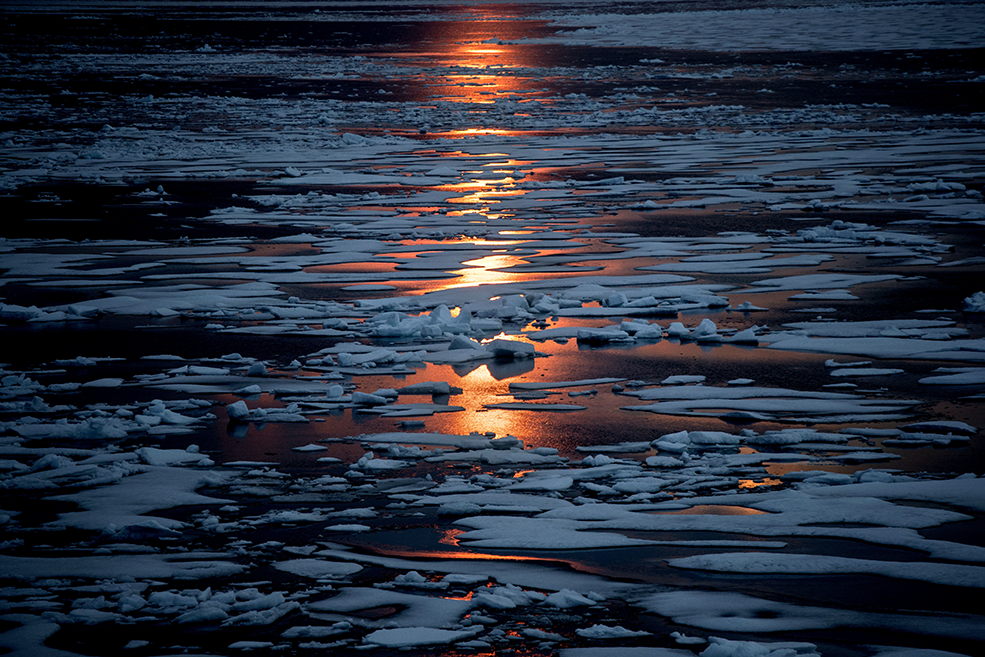
A free daily email with the biggest news stories of the day – and the best features from TheWeek.com
Kelly Gonsalves is a sex and culture writer exploring love, lust, identity, and feminism. Her work has appeared at Bustle, Cosmopolitan, Marie Claire, and more, and she previously worked as an associate editor for The Week. She's obsessed with badass ladies doing badass things, wellness movements, and very bad rom-coms.
-
 Buddhist monks’ US walk for peace
Buddhist monks’ US walk for peaceUnder the Radar Crowds have turned out on the roads from California to Washington and ‘millions are finding hope in their journey’
-
 American universities are losing ground to their foreign counterparts
American universities are losing ground to their foreign counterpartsThe Explainer While Harvard is still near the top, other colleges have slipped
-
 How to navigate dating apps to find ‘the one’
How to navigate dating apps to find ‘the one’The Week Recommends Put an end to endless swiping and make real romantic connections
-
 Epstein files topple law CEO, roil UK government
Epstein files topple law CEO, roil UK governmentSpeed Read Peter Mandelson, Britain’s former ambassador to the US, is caught up in the scandal
-
 Iran and US prepare to meet after skirmishes
Iran and US prepare to meet after skirmishesSpeed Read The incident comes amid heightened tensions in the Middle East
-
 Israel retrieves final hostage’s body from Gaza
Israel retrieves final hostage’s body from GazaSpeed Read The 24-year-old police officer was killed during the initial Hamas attack
-
 China’s Xi targets top general in growing purge
China’s Xi targets top general in growing purgeSpeed Read Zhang Youxia is being investigated over ‘grave violations’ of the law
-
 Panama and Canada are negotiating over a crucial copper mine
Panama and Canada are negotiating over a crucial copper mineIn the Spotlight Panama is set to make a final decision on the mine this summer
-
 Why Greenland’s natural resources are nearly impossible to mine
Why Greenland’s natural resources are nearly impossible to mineThe Explainer The country’s natural landscape makes the task extremely difficult
-
 Iran cuts internet as protests escalate
Iran cuts internet as protests escalateSpeed Reada Government buildings across the country have been set on fire
-
 US nabs ‘shadow’ tanker claimed by Russia
US nabs ‘shadow’ tanker claimed by RussiaSpeed Read The ship was one of two vessels seized by the US military
